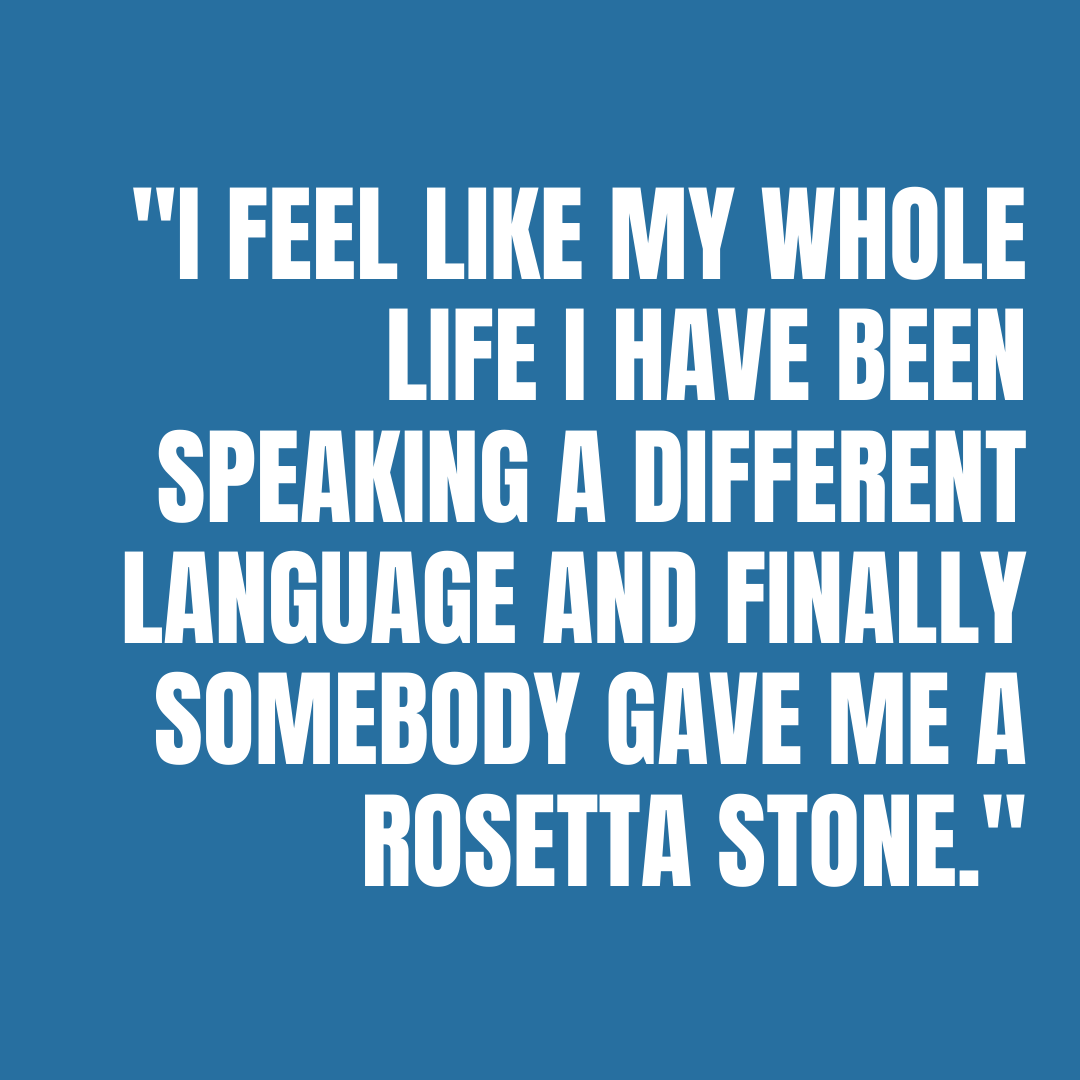Simple Ways to Manage Gaming and ADHD: Parent’s Guide
GAMING AND ADHD
Today I’m beginning what I anticipate to be a series of insights on how to navigate tech when your child has ADHD. I’m a mother of 4 children with varying ADHD characteristics, compulsions and needs. I’m aware that I’m not an expert. I can only speak to my experience. But I’m also a mother who has adult ADHD. I’ve dealt with executive dysfunction my entire life. I’m familiar with how difficult it is to focus and to stop hyper focusing, as well as helping my children with those same things. My hope is that this series can be helpful to everybody. ADHD affects every family.
2020 was a lot of things. It was the year that gaming spiked and became more mainstream. As far as gaming and ADHD goes, this isn’t necessarily a bad thing. Gaming has given myself and my children many wonderful gifts through meaningful connections, developing the ability to set intentions/goals, and better time management.
COMMUNITY AND FRIENDS
Gaming creates communities and can help develop social skills. Now, I’m not advocating for younger kids (under 10) to be able to download Discord and play Role-Playing Games (RPGs). This is something for adolescents with help from trusted caregivers. I used this flowchart to create a media plan with my adolescent child.
Children with ADHD sometimes have a difficult time making and keeping friends. Their interactions in games allow them to observe and replicate kindness. When skilled players help new ones and players talk to other players with similar interests, these interactions are wildly beneficial to mental health. Gaming and ADHD can help children find community and feel valued.
TAKE THE OPPORTUNITY WITH GAMING TO TEACH YOUR CHILDREN ABOUT TIME MANAGEMENT.
“YES we can play and have this time,
but we as a family will also choose
YES to playing outside or reading”
In my home, we are in constant communication about appropriate tech use looks like. Gaming is both a challenge and a break for me. I want to game all day, it is nice to not downward-spiral around decisions and how I’m going to accomplish tasks. But I know that this will just lead to boredom and feeling irritable. So I have specific periods of time during the day when I game: after getting the kids off to school, when I’m done working, after the kids go to bed.
When my kids get home from school, they’re allowed 30 minutes on the Switch or iPod to decompress. Then it’s time for household tasks, friends, dinner then bedtime. Our family has to have this structured routine. It’s something my children rely on. Having definite end times with timers teaches them that there is a time and place for gaming. Days when we do not help them with these boundaries on their time are days that end in tears and chaos. For my younger kids, we used this flow chart to create a media plan that worked for all of us.
GAMING AND ADHD AND GOALS
Good games have a slow-build to character enhancements. There is a clear goal of what your characters can become. There are subgoals that are accomplished as you build and gain experience. Children need caretakers to use these games to explain to them that what they are doing in the game translates directly to real life.

Setting a long-term goal or intention that is lofty and exciting also means hard work. Show your children how the game breaks down the goal into smaller tasks. Utilize the visual effects and character achievements. This reflects important skills like how to conceptualize longer term achievements.
Segmenting and structuring tasks is one of the hardest things to do on your own when you have ADHD. When I had these examples pointed out to me with direction on how to do it myself was life-changing as an adult. I feel like my whole life I have been speaking a different language and finally somebody gave me a Rosetta Stone. Because of this discovery, this is something I make an effort to do with my kids. I show them by example. I help them plan their own step-by-step instructions.
Gaming as a whole is not a bad thing for anybody. It’s a fun thing to do and gives ADHD brains a break from processing all of the noises and movements around them. It allows parents and caregivers an excellent opportunity to teach vital life skills. ADHD is a gift of being highly receptive and very curious, but exhausting. Gaming gives me a brain-break with nothing existing outside of game building and predictable achievements for a little while. It helps me function in the day-to-day to have that break to look forward to and has made me a better parent.
Tay Gudmundson
Marketing Director